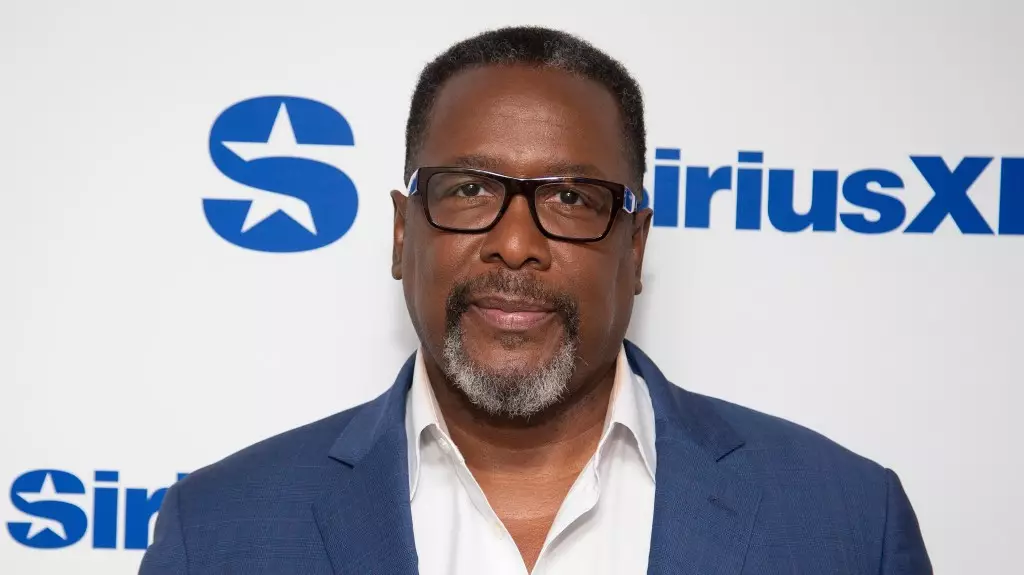Pierce had approached the game with the enthusiasm typical of a sports fan. Wearing his Yankees gear, he expressed his hopes for an exciting matchup, clearly indicating his support for the team representing his current geographic location. However, the situation took a turn that many can relate to: the presence of rowdy fans who overshadowed the event with their unruly behavior. In a video shared on social media, he expressed the conflict of being a dual supporter but ultimately aimed to enjoy the game in the heart of Yankees territory. Unfortunately, his optimistic outlook was met with hostility.
Wendell Pierce’s frustration culminated in a series of tweets documenting his experience. After just two hours of attempting to enjoy the game, he was compelled to leave the stadium due to incidents involving thrown objects and aggressive interactions with Dodgers supporters. He lamented that “unruly, obnoxious people can ruin everything,” highlighting a growing problem in many sports venues. Such behavior not only detracts from the enjoyment for those in attendance, but it also poisons the very essence of sportsmanship.
This unfortunate encounter did not occur in isolation. It followed a particularly charged Game 4 at Yankees Stadium, where a Yankees fan was infamously banned for snatching a ball away from Dodgers outfielder Mookie Betts. The tension and aggression among fans could easily detract from the game itself, transforming a celebration of athletic prowess into a distressing display of poor sportsmanship.
Pierce’s experience does beg the question: how do we, as a society, perceive and act upon support and rivalry in sports? The actor expressed deep disappointment that the chaos of fan behavior overshadowed the performances of the players and the significance of the game. His frustration is amplified by a sentiment shared by many dedicated fans: a deep appreciation for the artistry and skill displayed by athletes is often lost in the shout of incivility.
Pierce contrasted his experience at the Yankees Stadium with the Olympic spirit, which typically celebrates excellence and camaraderie. His dismay highlighted that many fans associate their identity too closely with their team, forgetting that the players are also fellow human beings deserving of respect and appreciation. This disconnect can create rhetoric and behavior that detracts from the overall purpose of attending live sporting events: to enjoy the game, celebrate talent, and connect with others.
Moving Forward: The Call for Change
This incident is not merely a one-off occurrence but a reflection of broader issues within sports culture. The earlier situation with Myles Straw and the Cleveland Guardians’ outfielders elicited similar sentiments about fan behavior in Yankees Stadium. Repeated instances of negative fan interactions raise concern about the atmosphere in which fans, players, and families engage with sports.
As the World Series concludes, Pierce’s reflections serve as a poignant reminder that the essence of sports should revolve around teamwork, skill, and mutual respect among fans and players alike. To preserve the joy of the game for future generations, sports culture must adapt to prioritize decorum and civility. The ultimate goal is to cultivate environments where sport can be enjoyed in an atmosphere of positivity, rather than one marred by negativity.
Ultimately, Wendell Pierce’s displeasure at the game he attended can serve as a catalyst for change—urging fans to rethink their approach as we collectively enjoy what makes sports a beloved pastime.

